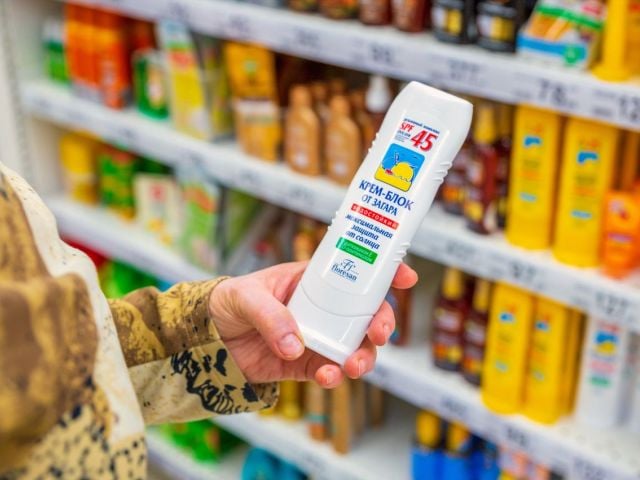
A new study of the endocrine-disrupting chemicals known as phthalates, found in everyday products like perfumes and toys, adds to mounting evidence of their chronic health harms and potentially billions of dollars in costs – but avoiding phthalates is possible.
EWG has long warned about the adverse health impacts of the substances, and is providing consumers with six tips for reducing your exposure to phthalates. The latest research underscores EWG’s concerns and shows why it’s important to choose products free of toxic chemicals.
The study, led by children’s environmental health expert Dr. Leonardo Trasande, was published last week in the journal Environmental Pollution. It calls for urgent regulatory action to tackle health risks from phthalates – echoing EWG’s long-running warnings about the chemicals.
Although the researchers call for further study, they identify chronic health harms, such as cardiovascular disease and early death, that occur as a result of exposure to phthalates. They suggest the resulting cost of lost economic productivity could be between $39.9 billion and $47.1 billion.
Earlier studies reported these chemicals may harm children’s developing brains, leading to difficulty with learning, as well as to attention and behavioral disorders. Phthalates have also been linked to changes in hormone levels, reduced sperm count and motility, birth defects in the male reproductive system, obesity, diabetes and thyroid irregularities.
Nearly everyone in the U.S. is exposed to phthalates, with some studies finding that almost 100 percent of Americans have some level of the substances in their bodies.
Phthalates are used in many consumer goods, including plastic food and beverage containers, plastic wrap, perfume, nail polish and toys. In personal care and household products, they can hide in ingredients lists under the term “fragrance.” They are added to plastics to make them flexible, and they help fragrances linger on skin. Phthalates are also used in medical devices and vinyl flooring.
Six ways to reduce your exposure to phthalates
For years, EWG has led the effort to get phthalates and other hazardous chemicals out of our products and food. Public health and environmental organizations submitted two petitions to the Food and Drug Administration, urging the agency to ban the use of phthalates in food packaging.
Further regulatory action is needed to tackle these harmful chemicals in other products.
In the meantime, there are steps EWG has identified to help people reduce their potential exposure to the substances.
EWG recommends you:
- Steer clear of products that list phthalates or fragrance in their ingredients.
- Use EWG’s Skin Deep® cosmetics database and Guide to Healthy Cleaning to find personal care and cleaning products that are free from phthalates and undisclosed fragrances, as well as other harmful chemicals.
- Look for the EWG VERIFIED® mark when shopping for personal care products, household cleaners and diapers. Products that carry the mark meet our strict standards for health and transparency, so they don’t contain phthalates. Choosing EWG VERIFIED also sends a signal to manufacturers that you will not buy products containing hazardous ingredients.
- Stay away from plastic wrap and plastic food containers made from PVC, which carries the recycling label #3. Choose glass or stainless-steel food containers instead.
- Avoid reheating food or beverages in plastic containers. If a plastic container contains phthalates, heating increases their release into the food.
- Skip fast food. People who ate more fast food had higher phthalate exposures, according to a 2016 study, possibly because of the extensive use of plastics to produce and serve these foods.



